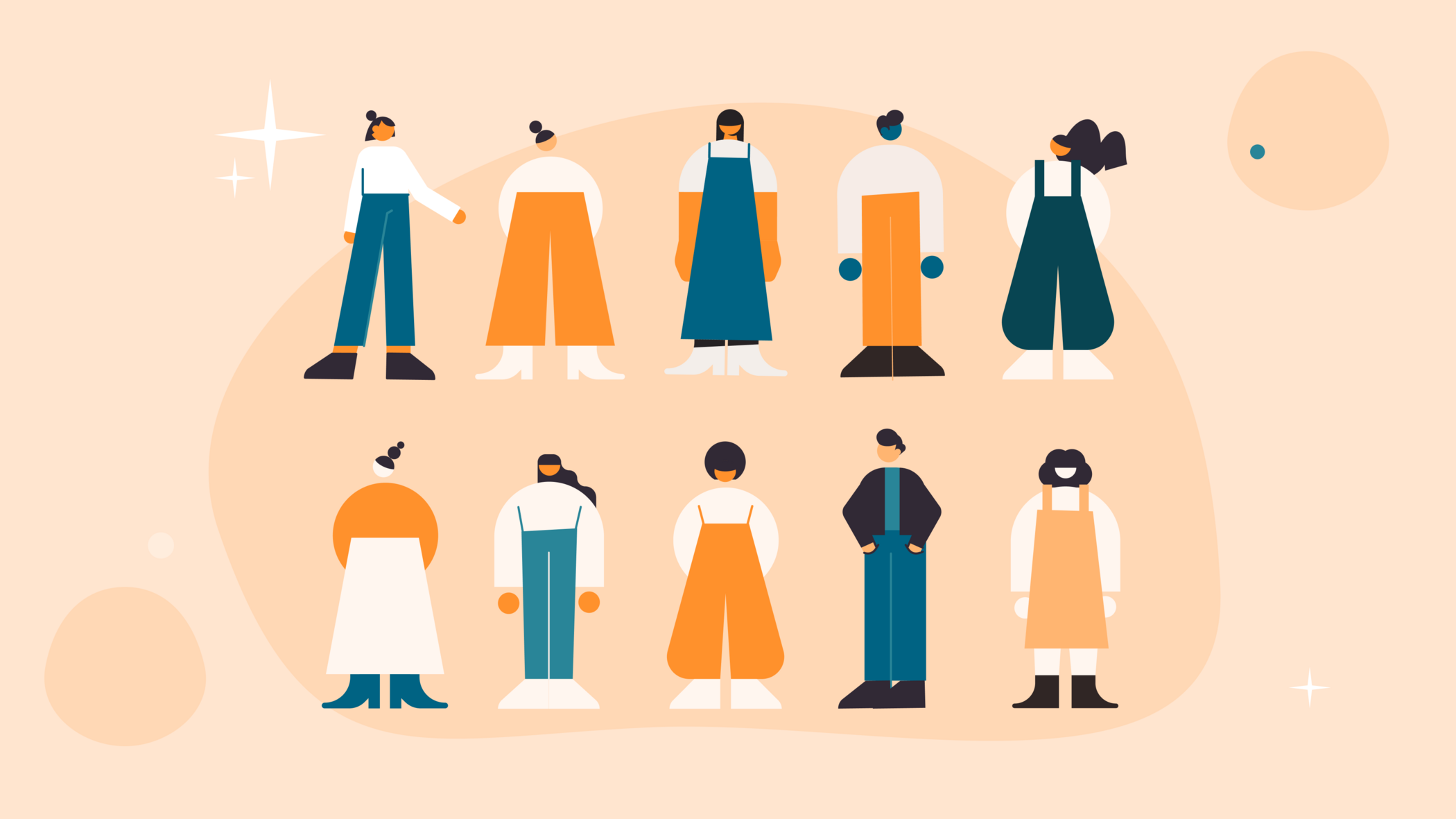
How understanding DEI can make working together better
Other Box is an award-winning company with a mission to help people learn how to make space for difference, be more inclusive and create a sense of belonging towards a future where everyone is inspired to lead with love.
Koa Health and Other Box have partnered to create accessible, bite-sized content on DEI topics such as inclusive language, microaggressions and allyship. In Koa Foundations, you'll find content that recognizes good intentions aren’t enough. We need to do the work to understand not just why DEI is important, but what we individually can do to help, how we can notice and address discrimination and promote inclusivity.
With increased awareness of diversity, equity and inclusion-related issues, there’s more and more pressure to get it “right”. But often the necessary tools aren’t easily accessible to us, which makes it hard to do with confidence.
A key consequence of this? Our understanding of the world is threatened. And that perceived threat shows up as stress.
There are 8 ways that stress is converted into emotion:
- Fear: We become afraid of getting it wrong
- Anxiety: We feel anxious because of what we don’t know
- Uncertainty: We feel unsure and uncertain
- Disconnectedness: We feel disconnected and distanced
- Overwhelm: We feel overwhelmed, helpless or hopeless
- Worry: We feel worried about loss of control
- Cognitive dissonance: Our understanding of reality doesn’t match what we witness or what we’re told is true
- Attacked: We feel personally attacked when corrected
Learning more about diversity, equity and inclusion can help us navigate these emotions, moderate our stress levels and become better at understanding each other. The activities by Other Box in Koa Foundations are foundational concepts, which, once understood, can transform how you communicate, collaborate and empathize with others.
Take for example the term privilege. People have a variety of responses to this terminology, as sometimes it feels like someone is “blaming” someone else for having privilege—but privilege isn’t about fault or personal responsibility, it’s about reality and accountability. Privilege is when some groups of people are treated more favorably than others and have access to unearned social advantages, or degrees of respect. Understanding your privilege can help you better understand barriers others face.
Another term, microaggressions—everyday subtle (usually unintentional) interactions and behaviors that communicate bias towards historically marginalized groups. Because microaggressions can be difficult to spot from a position of privilege, people are often unaware of the harm they’ve caused. Learning to identify and speak up against microaggressions helps to reduce discrimination.
And finally, a key skill for all of us working towards inclusion: How to effectively apologize when we’ve crossed a line. We all make mistakes and navigating apologies can be difficult. Knowing how to apologize is key to ensuring the people we work with (and everyone else) feels acknowledged and understood. Learn more about how to improve your apologies, how power imbalances create marginalization and how to become an ally and actively work to reverse that imbalance in our in-app activities.
Remember, diversity, equity and inclusion is a process not a destination. Prioritize progress over perfection.